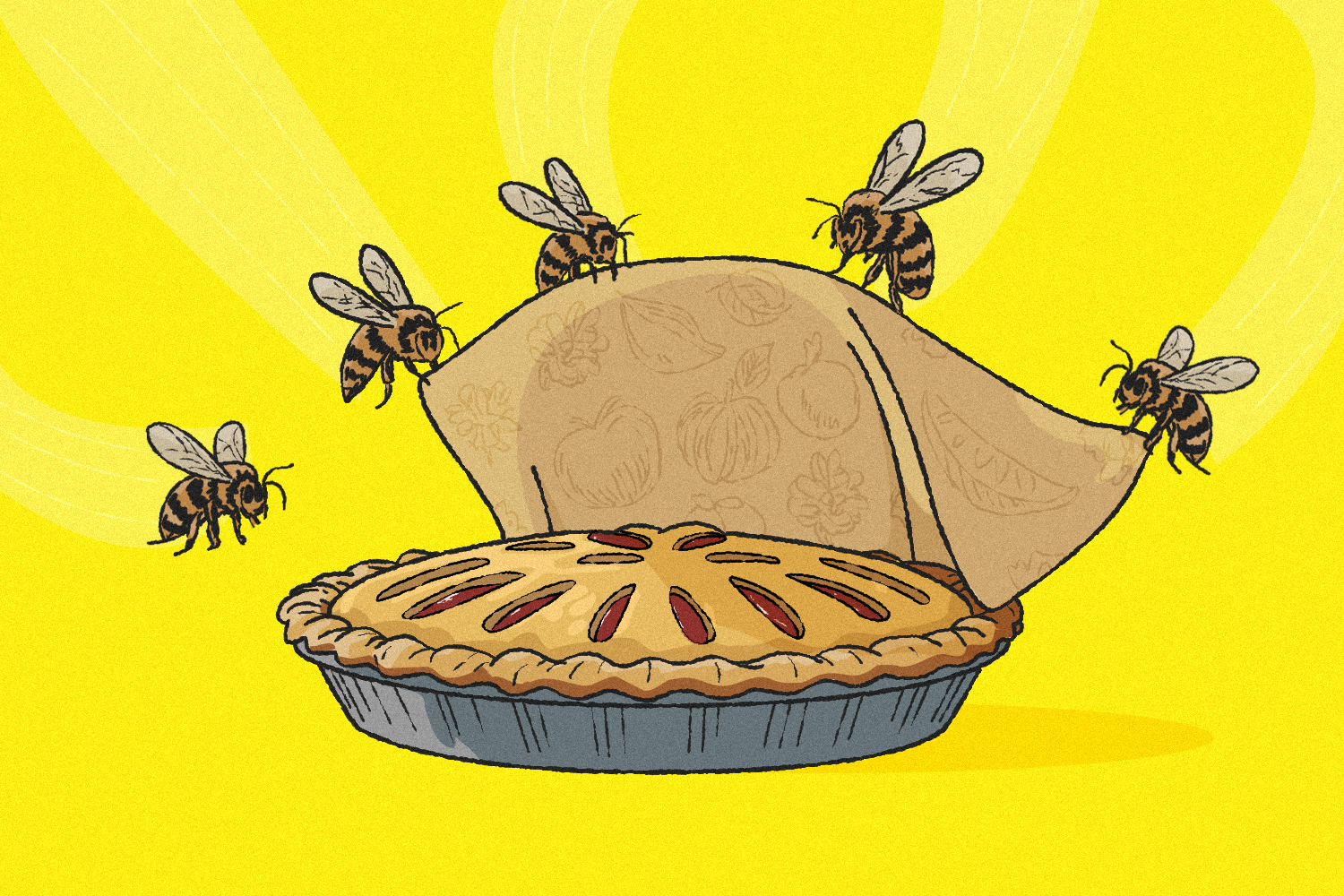The best beeswax wraps for protecting your food
Extra thick and tacky, it keeps food fresh and clings well.

Whether you’re packing up leftovers or bringing lunch to work, plastic wrap has long been a go-to choice for keeping food fresh. But its single-use convenience comes with a price. The tacky film, comm……

